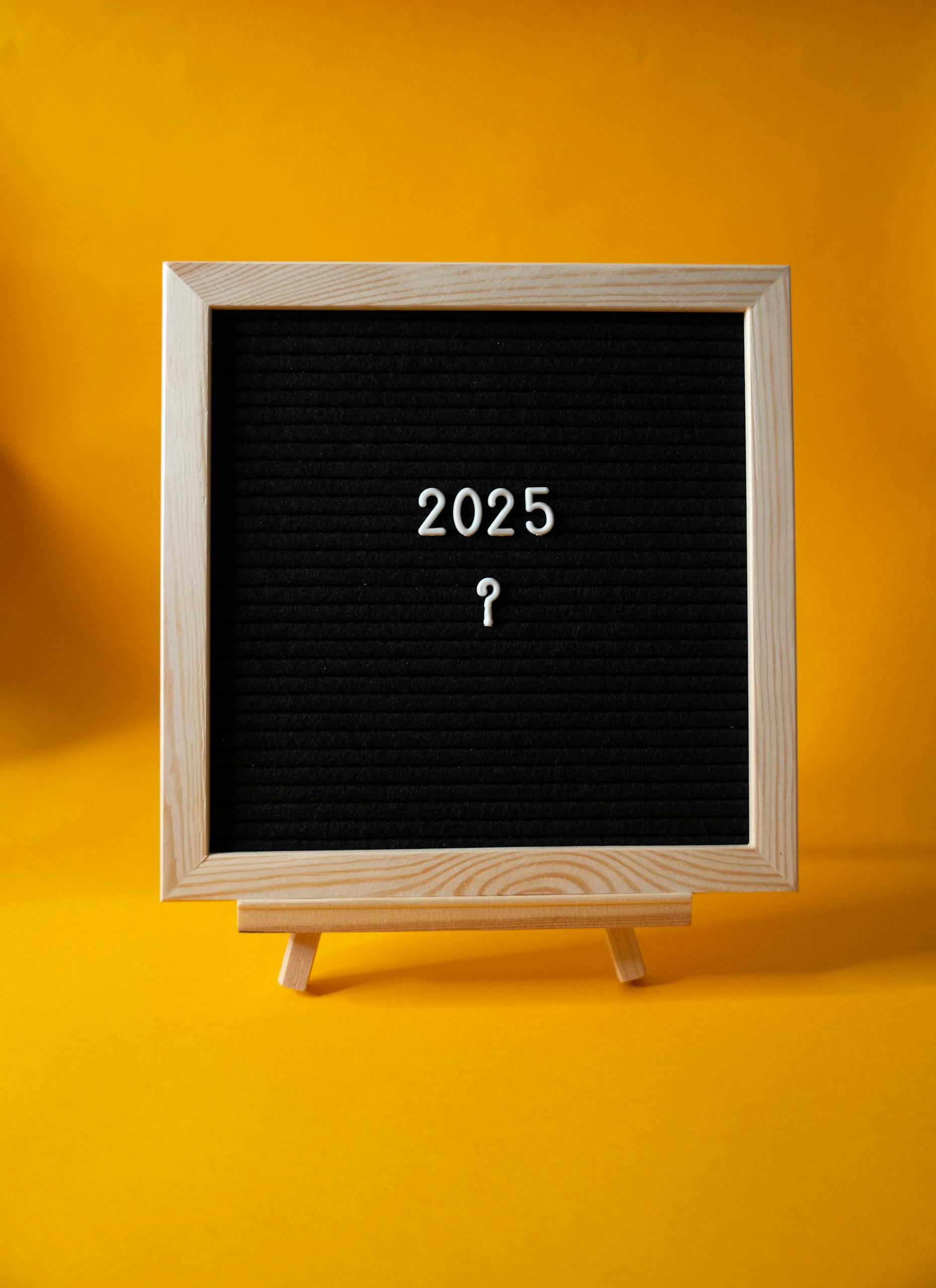Top 10 Mental Health New Year’s Resolutions for a Happier 2025
Introduction
The New Year presents a fresh opportunity to reflect on personal growth and set intentions for a healthier, happier life. Mental health often takes a backseat in our resolutions, overshadowed by goals related to fitness or career. Yet, prioritising mental well-being is crucial for overall health and happiness. By setting realistic and actionable mental health goals, you can create a foundation for resilience, mindfulness, and joy in the year ahead.
This article explores the top 10 mental health resolutions for 2025, backed by the latest psychological research, to help you start the year with clarity and purpose.

Understanding Mental Health Resolutions
Mental health resolutions are commitments to improving emotional, psychological, and social well-being. Unlike general resolutions, these goals focus on practices that reduce stress, enhance self-awareness, and promote balance in everyday life.
Research underscores the importance of intentional changes in behaviour for long-term mental health benefits. According to Miller and Rollnick (2013), setting SMART goals—Specific, Measurable, Achievable, Relevant, and Time-bound—significantly increases the likelihood of success. By applying this framework to mental health, you can create resolutions that are not only impactful but also sustainable.
10 Mental Health New Year’s Resolutions
1. Prioritise Daily Mindfulness Practices
Mindfulness is a simple yet powerful tool to manage stress and increase focus. Studies show that practising mindfulness daily can reduce symptoms of anxiety and depression (Gu et al., 2015). Start small with five minutes of mindful breathing or a brief body scan.
2. Set Healthy Boundaries
Learning to say “no” is a skill that supports mental health. Poor boundaries can lead to burnout, resentment, and diminished self-esteem. Research by Petriglieri et al. (2018) highlights that individuals who set clear boundaries experience higher satisfaction and reduced stress. Reflect on your relationships and identify areas where you need more balance.
3. Commit to Regular Physical Activity
Exercise is as beneficial for mental health as it is for physical well-being. A meta-analysis by Rebar et al. (2015) found that regular physical activity significantly reduces symptoms of depression and anxiety. Choose an activity you enjoy—whether it’s walking, yoga, or dancing—and aim for at least 30 minutes a day.
4. Practice Gratitude
Gratitude fosters positivity and strengthens emotional resilience. Research by Wood et al. (2010) suggests that gratitude journaling can enhance mood and reduce stress. Start a daily habit of writing down three things you’re grateful for, no matter how small.
5. Seek Professional Support When Needed
Therapy is a powerful tool for navigating life’s challenges. Whether you’re managing stress, trauma, or general life transitions, speaking with a licensed professional can provide clarity and coping strategies. The stigma surrounding mental health is decreasing, with more people recognising the value of therapy (Corrigan et al., 2014).
6. Reduce Screen Time
Excessive screen time, especially on social media, can negatively impact mental health. A study by Keles et al. (2020) found a strong correlation between prolonged social media use and increased anxiety and depression. Set specific limits on your screen usage, and prioritise activities that encourage face-to-face interactions.
7. Improve Sleep Hygiene
Quality sleep is the cornerstone of mental health. Sleep deprivation can exacerbate anxiety and depression, while good sleep promotes emotional regulation. Stick to a consistent bedtime, avoid screens before sleep, and create a calming bedtime routine to enhance sleep quality (Walker, 2017).
8. Cultivate Meaningful Connections
Strong social ties are essential for mental well-being. Loneliness has been linked to higher rates of depression and anxiety (Holt-Lunstad et al., 2015). Make it a goal to nurture relationships by scheduling regular catch-ups with friends and family or joining community groups that align with your interests.
9. Engage in Creative Activities
Creative outlets like painting, writing, or playing music can significantly improve mood and reduce stress. According to Kaimal et al. (2016), engaging in creative activities stimulates brain regions associated with relaxation and emotional regulation. Explore hobbies that bring you joy, even if you’re a beginner.
10. Embrace Self-Compassion
Being kind to yourself is not just a luxury—it’s a necessity. Self-compassion, as described by Neff (2015), helps individuals manage difficult emotions without self-criticism. Practice affirmations, forgive yourself for mistakes, and treat yourself with the same kindness you would offer a friend.
Conclusion
The New Year offers a unique opportunity to prioritise mental health and set resolutions that enhance well-being. By adopting practices like mindfulness, boundary-setting, gratitude, and self-compassion, you can build a happier and more balanced 2025.
Remember, lasting change takes time and effort. Start small, stay consistent, and celebrate progress along the way. Your mental health deserves as much attention as any other aspect of your life.
References
Corrigan, P. W., Druss, B. G., & Perlick, D. A. (2014). The impact of mental illness stigma on seeking and participating in mental health care. Psychological Science in the Public Interest, 15(2), 37-70.
Gu, J., Strauss, C., Bond, R., & Cavanagh, K. (2015). How do mindfulness-based cognitive therapy and mindfulness-based stress reduction improve mental health and wellbeing? A systematic review and meta-analysis of mediation studies. Clinical Psychology Review, 37, 1-12.
Holt-Lunstad, J., Smith, T. B., Baker, M., Harris, T., & Stephenson, D. (2015). Loneliness and social isolation as risk factors for mortality: A meta-analytic review. Perspectives on Psychological Science, 10(2), 227-237.
Kaimal, G., Ray, K., & Muniz, J. (2016). Reduction of cortisol levels and participants’ responses following art making. Art Therapy, 33(2), 74-80.
Keles, B., McCrae, N., & Grealish, A. (2020). A systematic review: The influence of social media on depression, anxiety, and psychological distress in adolescents. International Journal of Adolescence and Youth, 25(1), 79-93.
Miller, W. R., & Rollnick, S. (2013). Motivational Interviewing: Helping People Change (3rd ed.). Guilford Press.
Neff, K. D. (2015). The self-compassion scale is a valid and theoretically coherent measure of self-compassion. Mindfulness, 6(3), 764-774.
Rebar, A. L., Stanton, R., Geard, D., Short, C., Duncan, M. J., & Vandelanotte, C. (2015). A meta-meta-analysis of the effect of physical activity on depression and anxiety. Health Psychology Review, 9(3), 366-378.
Walker, M. P. (2017). Why We Sleep: Unlocking the Power of Sleep and Dreams. Scribner.
Wood, A. M., Froh, J. J., & Geraghty, A. W. (2010). Gratitude and well-being: A review and theoretical integration. Clinical Psychology Review, 30(7), 890-905.







